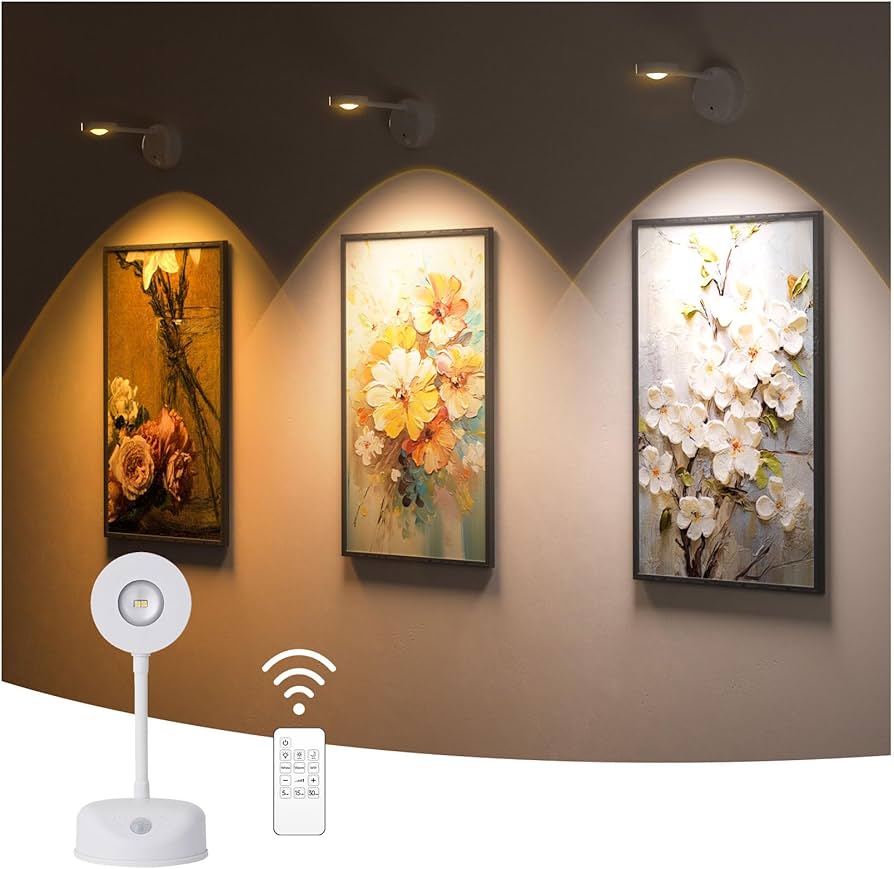The Future of Smart Glasses: TDK’s Innovations and Honor’s Image Revolution
In the realm of smart gadgets, the battle for dominance is waged on multiple fronts, with augmented reality (AR) and virtual reality (VR) glasses vying for a place in everyday life. The significant barriers of size, usability, and functionality have hindered the widespread adoption of smart glasses, but recent advancements promise to shift this narrative. In this article, we will explore the breakthroughs of TDK’s new laser module designed for AR/VR applications, alongside the impressive camera capabilities of the Honor Magic 7 Pro, highlighting a pivotal moment for technology enthusiasts and casual users alike.
TDK’s Revolutionary Laser Module for AR and VR
Despite their potential, smart glasses have remained a niche product, often struggling with bulkiness and impracticality. Recent attempts have showcased minimal improvement, as seen with Google Glass’s rapid retreat from public interest, or Meta’s Orion prototype, which remains locked in developer hands. However, TDK, a seasoned player in electronics, aims to revolutionize the market with their newly developed laser module, a game-changer in size, energy efficiency, and optical performance.
 Innovative designs are pushing the boundaries of smart glasses technology.
Innovative designs are pushing the boundaries of smart glasses technology.
The TDK laser module is remarkably compact, measuring just 9mm in length and 1.9mm in width, which is notably smaller than a fingernail. Developed in partnership with QD Laser, a spinoff of Fujitsu, this innovation promises to tackle three critical issues: size, energy consumption, and optical projection.
Notable Advantages of the Laser Module
- Reduced Power Consumption: Operating in the microwatt range, this module drastically lowers energy requirements compared to conventional projection systems, which typically rely on LCDs. This efficiency allows for slimmer designs and smaller batteries.
- Enhanced Field of View: TDK offers a 60-degree field of view, positioning itself strongly compared to competitors like Meta’s Orion, which claims 70 degrees, and Snapchat’s latest Spectacles, lagging at 46 degrees.
- Direct Retina Projection: By projecting images directly onto the retina, users can view content seamlessly, eliminating the strain caused by switching focus between different planes, a common complaint with traditional augmented reality systems.
The technology is not yet perfect; currently, it supports a resolution of 2K, with an upgrade to 4K in development for release next year.
“This technology is slowly pushing the boundaries to make complex AR and VR glasses more attainable,” says Hideaki Fukuzawa from TDK.
With prototype testing showing promising results, TDK aspires to introduce commercially viable models by 2026 or 2027, initially targeting niche markets in industries such as healthcare and maintenance.
Honor Magic 7 Pro: Setting New Standards in Mobile Photography
While AR and VR technology aims to redefine how we interact with digital content, smartphone technology continues to advance in parallel. Honor’s Magic 7 Pro seeks to capture the market’s attention with groundbreaking camera technology, especially in the telephoto department.
Honor has equipped the Magic 7 Pro with an extraordinary 200MP telephoto sensor and an array of AI enhancements that promise unparalleled photography capabilities. The smartphone also features a powerful Snapdragon 8 Elite CPU, which ensures that performance matches the hype.
 The Honor Magic 7 Pro: A new era for smartphone photography.
The Honor Magic 7 Pro: A new era for smartphone photography.
Key Features of the Magic 7 Pro
The 6.8-inch quad-curved OLED display not only delivers stunning visuals but boasts impressive brightness levels, peaking at 5000 nits. The device supports an adaptive refresh rate that ranges from 1 to 120Hz, ensuring smooth scrolling and animation. Durability is also a plus, as it carries an IP68/IP69 rating to protect against various environmental factors.
Its telephoto lens, featuring optical image stabilization, allows photographers to capture clear images of distant subjects, while the ultrawide camera doubles as a macro lens. AI-assisted shooting modes enhance usability, making it easier even for amateur photographers to take stunning photos.
A Look into the Future of Smartphones
As the tech community continues to crave the best smartphone cameras, Honor’s approach with the Magic 7 Pro might redefine standards. Potential buyers can look forward to device configurations offering 12GB or 16GB of RAM and storage options reaching up to 1TB. The expected launch in China on November 8 sets the stage for a promising global rollout in early 2025.
Conclusion: The Tech Revolution is Upon Us
The innovations from TDK and Honor indicate a significant shift in the tech landscape. As companies strive to close the gap between promise and performance, we can anticipate smarter, sleeker, and more functional devices that will ultimately enhance user experiences.
Smart glasses are inching closer to reality, providing a glimpse into a future where technology and daily life are seamlessly integrated. Smartphones, meanwhile, continue to evolve, with exceptional camera technology leading the charge. The next few years are sure to be pivotal in shaping the tech industry, as these innovations pave the way to an exciting digital future.
Technology enthusiasts, keep your eyes peeled for these advancements, as they could change the way we see—and capture—the world.














